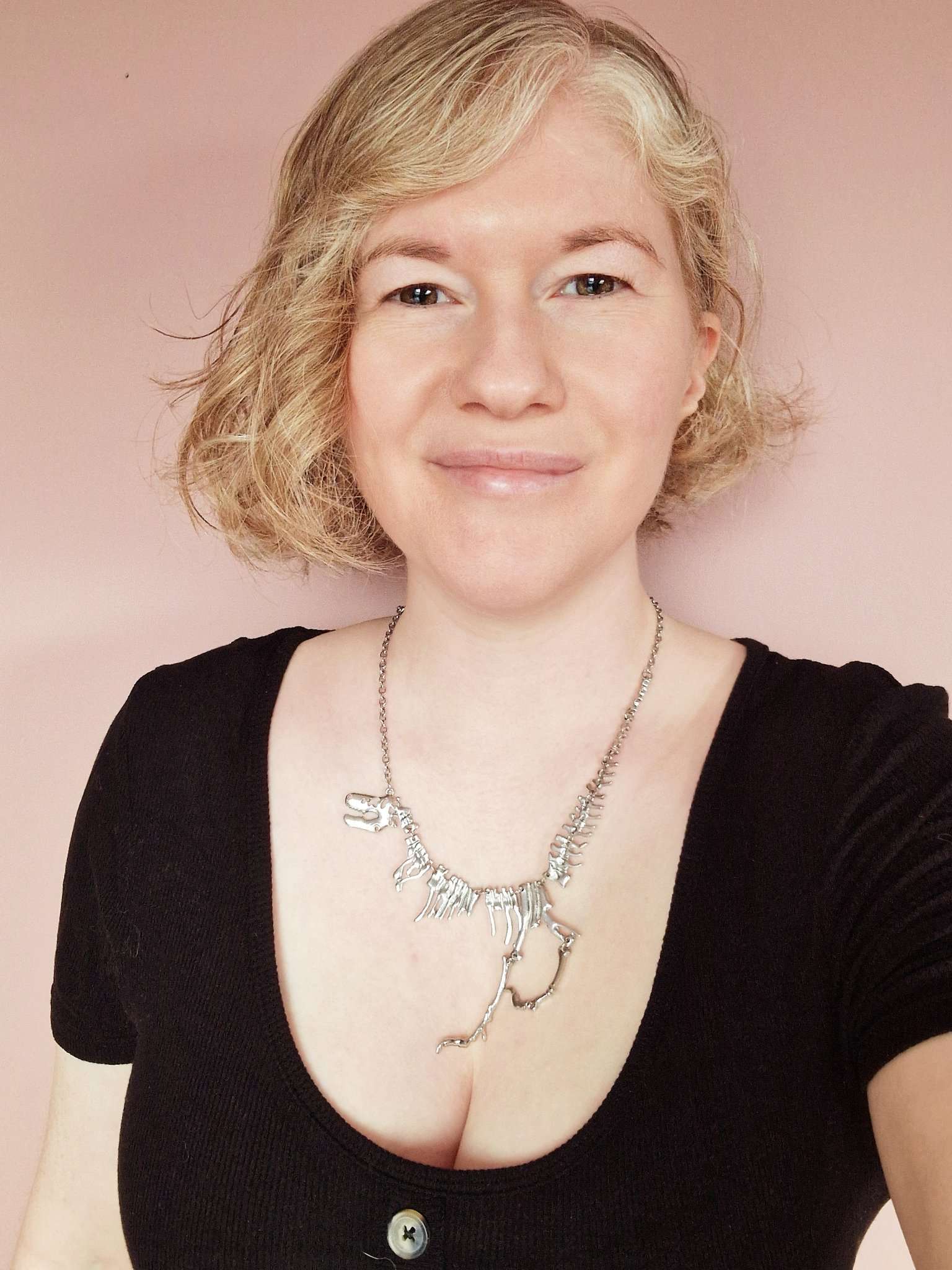We’ve implemented some new protocols around sending us messages via this website. Please email website “at” britishfantasysociety “dot” org for any issues.

For all things fantasy, horror, and speculative fiction
-
Announcement:

How Can We Channel the Urgency and Fear of the Climate Crisis Into Speculative Fiction?
There’s a reason we’re seeing more climate-related books in speculative fiction. Lindz McLeod looks at how the climate emergency is driving evermore writers—include herself!—towards writing worlds as warnings of what’s to come.
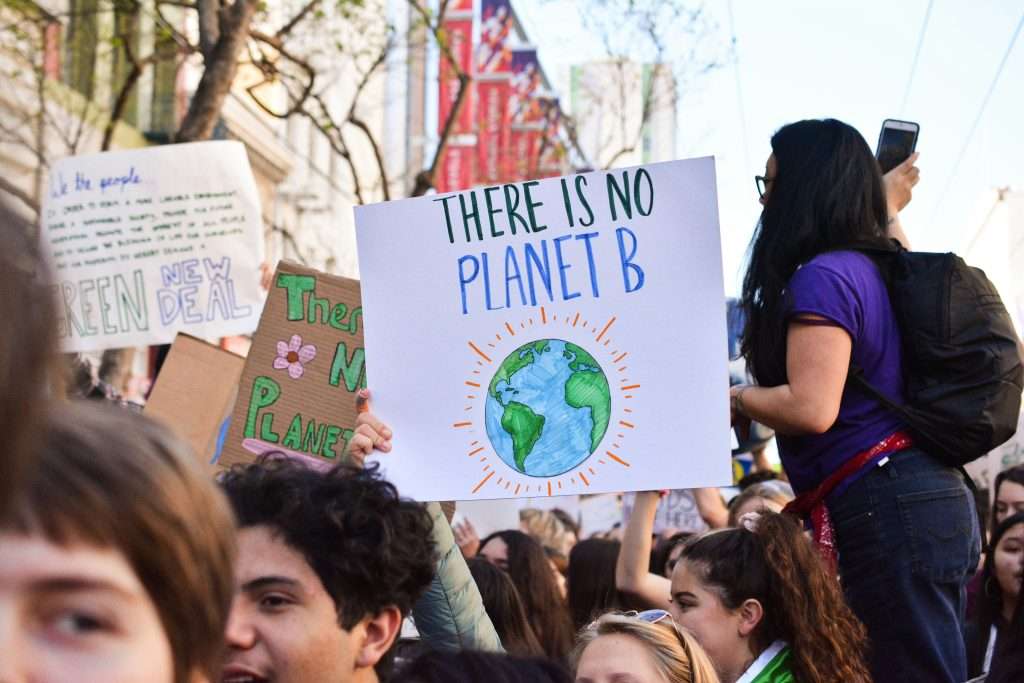
Our relationship with nature has changed drastically over the course of human history; we began, like any other, as a species beholden to the whims of our environment. If it was cold, we shivered. If it was hot, we sweated. Animals migrated according to their seasonal desires and ingrained patterns of behaviour, and we humans followed on their heels like lithe shadows, running down our prey until they fell exhausted. These days the world feels much smaller, quashed under the mighty weight of our collective endeavours. You can travel almost anywhere digitally without leaving the comfort of your chair, and physical travel—even to remote locations—is possible as long as you have the money and/or gumption.
Dominion, certainly, but at what cost?
My particular interest lies in eco-horror; in an article for MUBI, Danielle Burgos described this subgenre as “nature becomes uncanny and maliciously turned against man”.
If we consider famous psychologist Abraham Maslow’s hierarchy of needs, with all physiological needs (food, air, water, shelter, etc) at the bottom, then having the very environment turn enemy should disconnect us from the possibilities of reaching a secure state. How can you protect yourself from a burning sky, find love in a drowned land, or embrace your own inner strengths in a world that seems hostile to your very existence?
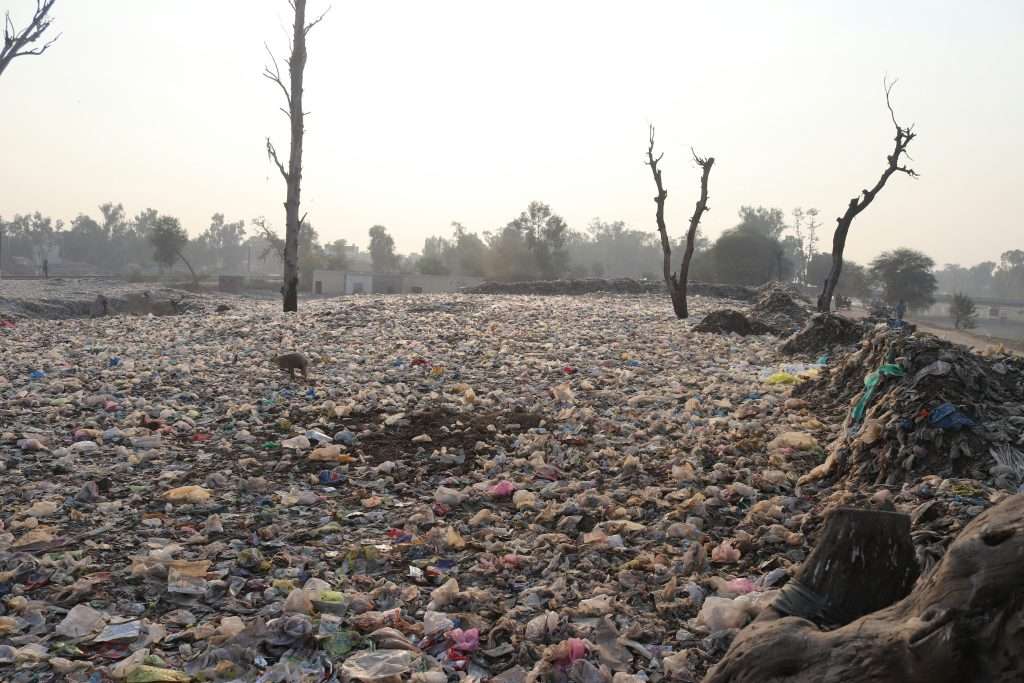
Worse, we caused this catastrophe in the first place—in fact, we’re still causing it even as I write this post—and so if the world is our enemy, it’s only because we moulded it that way. We plundered the globe for minerals and nutrients, and in return poured toxic waste into the sea and did the chemical equivalent of salting the earth. If the planet was the fabled goose that laid the golden egg, then we didn’t just cut it open; we tore it apart, bone by bone, feather by feather. I’d argue that eco-horror isn’t simply the fear of a malevolent world, but of a monster of our own creation, holding a mirror up to the worst excesses of human nature. Eco-horror doesn’t simply reveal a reflection; it shows us an x-ray.
My forthcoming SF climate-change novella, We, the Drowning, follows a young man who seeks to stitch the divide between his own survivalist tribe and the suicidal sea-cult taking over what’s left of the world.
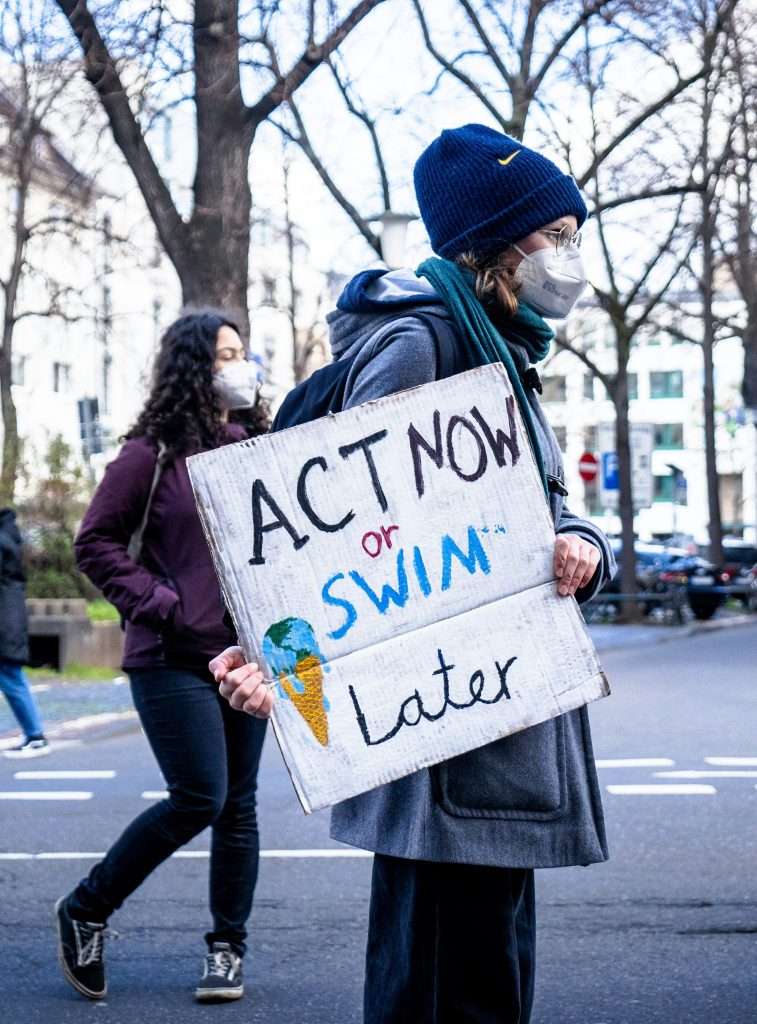
In this post-apocalyptic landscape, Cole belongs to the Parched, who believe in rebuilding and replanting as much as they can while clinging to life. In contrast, the Flooded believe that the sooner all humans die off, the quicker the earth can heal—and that humanity has done so much damage that they owe the earth their swift removal. The Flooded cult manipulates through shame and guilt, but they also genuinely believe their doctrine to be the only morally correct course of action. I wanted to contrast these feelings of helplessness and remorse with the hopeful message spread by the Parched; every single seed planted helps and, while we live, each person has a duty to heal the planet as much as possible. The plight of the common bee was especially on my mind here, and I was gladdened to see an article recently celebrating that the species headed for rapid endangerment has been helped by large scale human efforts.
We, The Drowning will be published in 2026 by Android Press, who have been doing wonderful work in the sci-cli-fi space. Their cousin magazine Solarpunk, which focuses on utopias, is also well worth a read.
Since the effects of climate change are more evident than ever—worsening weather events such as flooding and hurricanes, incredible heatwaves, and devastating earthquakes—it’s clear that our window of opportunity to do something about it is closing rapidly. This sense of urgency, as well as the creeping fear of the unknown future, has been channeled into incredible contemporary fiction. Whether that’s literary with a dash of mystery like Ruman Alaam’s disquieting Leave The World Behind, Jeff Vandermeer’s atmospheric Annihilation, or Chana Porter’s compelling alien novella, The Seep, there are a thousand different viewpoints from which to watch the world crumble. Eco-horror also offers an interesting kind of stress-test; under the kind of conditions found in Cormac McCarthy’s post-apocalyptic masterpiece The Road or Naomi Booth’s pre-apocalyptic Sealed, how far can a character be pushed? What can be revealed about our deepest desires or fears under such extreme duress?
With that last question in mind, I wrote my eco-horror novella Sunbathers earlier this year. Sunbathers is set in a near-future world where solar flares have reduced humanity to nocturnal animals forced to take underground refuge from now-agonizing daytime skies. Some of those who braved the worst flares underwent a transformation, and now walk the land as vampire-gods, energized by the sun and injured by darkness. Instead of coffins, they sleep in tanning beds. My protagonist, Soph, is a queer woman with a girlfriend who loves her, but Soph just can’t be satisfied by grubbing around in the darkness. She misses the sunlight, she misses her old life, and she envies the power and glory of the Sunbathers. Making bad decision after bad decision, Soph decides to switch sides—even if the process kills her—and discovers to her horror that that even cosmocrats have to live by certain rules.
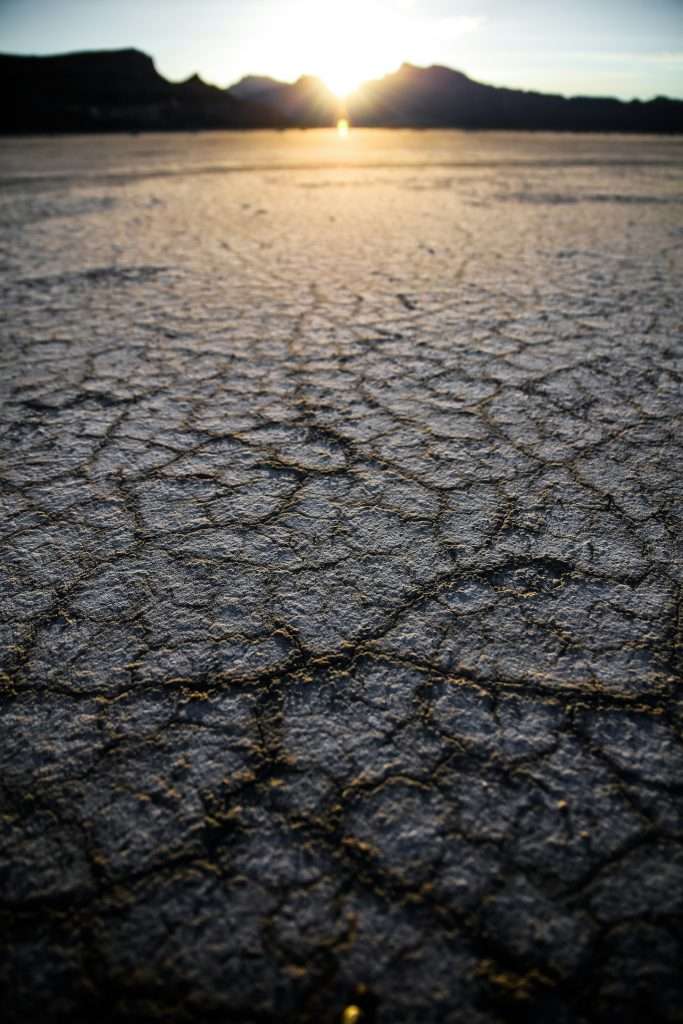
Through Soph, I explored hedonistic desires and privileges, often taken at other people’s expenses or at the cost of their lives, as well as what other characters consider their essential humanity and why they refuse to give it up without a fight.
Sunbathers will be published by Hedone Books, an imprint of Darklit Press, in September 2024.
Lindz McLeod will be part of a virtual panel of writers talking about climate and eco-fiction and how writers can inspire meaningful, authentic change at Writing the Occult: Connection to Land on 15 June. Full event details here.
Images by: Patrick Perkins, Li-An Lim, Muhammad Numan, Patrick Hendry, Mika Baumeister on Unsplash
Meet the guest poster
Explore the blog:
Blog categories:
Latest Posts:
Tags:
#featured (56) #science fiction (25) Book Review (264) events (44) Fantasy (231) Graphic Novel (13) horror (136) Members (62) Orbit Books (48) profile (43) Romance (17) Science Fiction (50) short stories (28) Titan Books (52) TV Review (15)
All reviews
Latest Reviews:
- THE HOUSE ON THE BORDERLAND by William Hope Hodgson
- Monstrum by Lottie Mills
- Mood Swings by Dave Jeffery
- Yoke of Stars by R.B. Lemberg
- Hera by Jennifer Saint
- The Black Bird Oracle by Deborah Harkness
- RETURN OF THE DWARVES By Markus Heitz
- Delicious in Dungeon
- Toxxic by Jane Hennigan
- THIS ISLAND EARTH: 8 FEATURES FROM THE DRIVE-IN By Dale Bailey
Review tags:
#featured (2) Action (4) Adventure (4) Book Review (28) Fantasy (18) Featured (2) Feminist (2) Gothic Horror (3) Horror (14) Magic (3) Orbit Books (3) Romance (6) Science Fiction (5) Swords and Sorcery (2) Titan Books (7)
